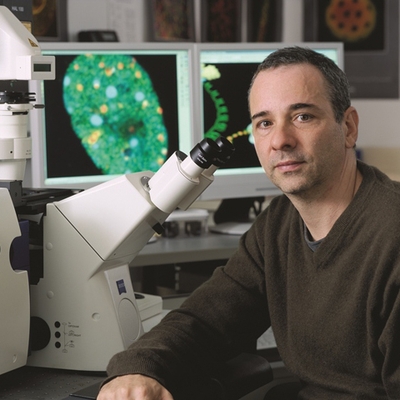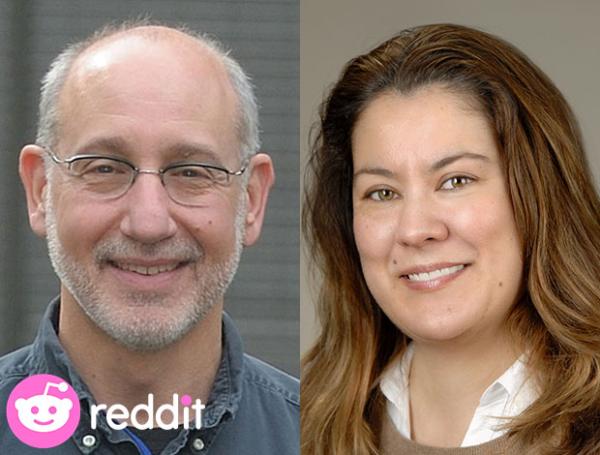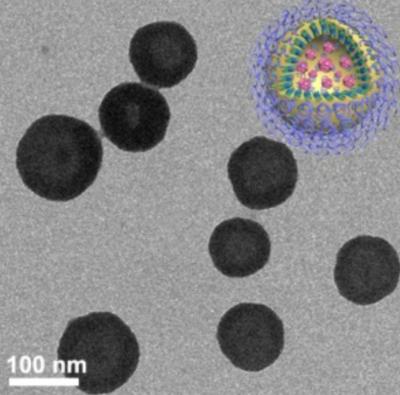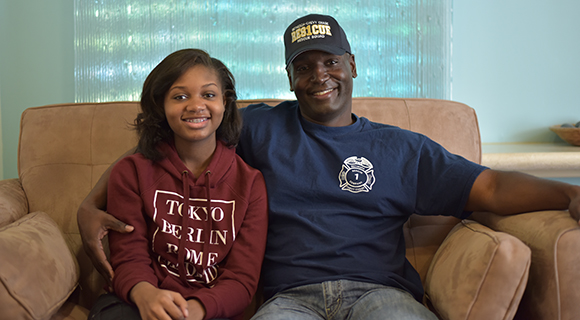Bringing Out the Big Guns Against Blood Cancer
IRP Research Shows Benefits of More Intensive Treatments for Certain Patients
Fate can be cruel, especially when it comes to a rare, highly fatal blood cancer called acute myeloid leukemia (AML). Even when months of intensive chemotherapy appear to cause a complete remission of the disease — meaning doctors cannot detect any remaining cancer cells in a patient’s body — roughly half of those patients see the cancer return within two years, or even as soon as six months. Sadly, most of them don’t survive their second bout with the disease.
As a medical student, IRP senior investigator Christopher Hourigan, M.D., D.Phil., thought this outcome was unfair. More than that, he thought it indicated that the standard ways doctors determined if an AML patient was in remission were inadequate, and that remission might not even be the right goal. That’s why he has focused his career on finding ways to detect, prevent, and treat AML recurrence, known in his field as ‘relapse’.
“I was a scientist before I became a doctor, and it was really eye-opening to me, when I started to practice medicine, how difficult some of the treatment decisions were and how limited the information available was to inform those decisions,” Dr. Hourigan says.









